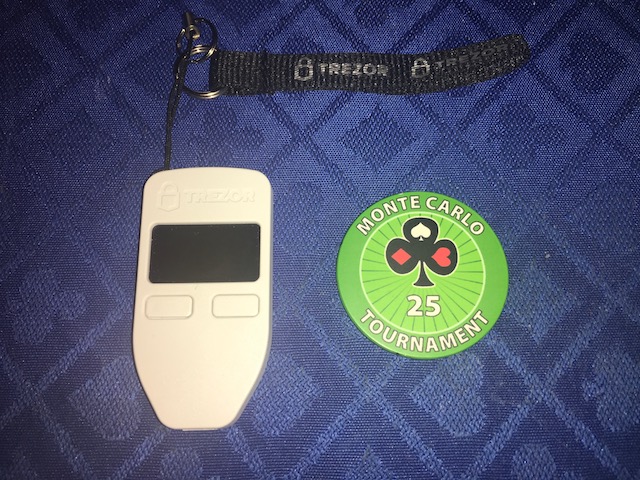Would you - definition of would you by The Free Dictionary
Relationship that is said to be doomed to fail One hundred percent safe relationship 46 50. WOULD YOU RATHER? (Anything and Everything) Stay true to the good side Work with the enemy 45 50 WOULD YOU RATHER take the risk of entering a relationship that everyone guarantees to fail or be in a relationship that is 100% safe but not have the thrills. As such, using would is more polite. Technically, the first question is asking if you are able to write your name, while the second asks if you are willing to write your name. What would you do faced with the toughest options imaginable. Other modal verbs include: could, shall, might, may, can, ought to and must. When you write down what someone says, you usually represent 'would' as 'd and add it to the end of the pronoun. He said that he would return in the evening. The word would is used in reported speech as in the following sentence. Would you rather be the most intelligent kid in school and make awesome grades or be the most popular kid in school and make poor grades? Comedy panel show where contestants have to bluff about their deepest secrets. The perfect list of carefully chosen would you rather questions for you. When would comes after a pronoun, it is not usually pronounced in full. As a question it is implied that you are hoping for the answer, but permission or whether the person wishes to answer is not addressed.
meaning - Could you vs would you - English Language
Would you or Could you Ask The Editor Learner s
The Only List of Would You Rather Questions You ll Need
Would You Rather Either
Will and would are both types of auxiliary verbs that are known as modal verbs. Definitions. Would is the past form of the verb will. Would you rather questions are a great way to get a conversation started in a fun and interesting way. Whether you want to start a new game of would you rather, or continue the one you are playing now, you are good to go with these would you rather questions. If i could i would, but sadly nothing after death is certain. The hardest 'Would you rather' quiz in the world. You can tell the interview is wrapping up and you’re already figuring out what thoughtful bit of insight you’re going to include in your follow up thank you note that will make the hiring manager smile and bring you in for round two. Find answers for the crossword clue: "Would ___ to you?". AdFree UK Delivery on Eligible Orders. The Best, Funniest and the Hardest Would You Rather Questions Complied Just for You. Try the hardest 'Would you rather' quiz in the world! The. Would is a modal. It is used in a number of different ways. Can has many uses as a modal verb, but there are three uses that can be …. Buy Videos & DVDs Movies Unlimited. Buy …. That would be a dream come true, then you won't have to be in emotional pain from not being who you truly are, plus you'll have your memories from this life and be happy with who you are. Would vs Will. In English there is a significant difference between the uses of would and will. Now on DVD! The Wizard of Oz (1939) on DVD and Blu-ray. But then, they ask you one last question. “How would you describe yourself?”.
Other than making you instantly a better person, signing up to this would you rather site will mean you'll never get the same question twice. Register. Remember if you don't want to give us your details directly we offer single sign-on's with Facebook, Twitter, Google, Windows Live, Blogger and Yahoo. Meaning you can sign up within seconds. Both are very commonly used, but "would you" is more grammatically correct in this case. If we assume that the speaker has no reason to doubt the other person's ability to write their name, then "would" is the better word choice. Would you please email me the directions to your house. For most speakers, these are two ways of asking the exact same thing. Of course, if either of these questions is asked with an angry voice and intonation, the meaning changes. Imagine a frustrated mother or father looking at a teenager and saying: Could you PLEASE turn off the lights in. And it’s easy to get into some amazing conversations by just asking “why” after a would you …. In the idiom you'd better VP, you'd represents you had, and not you would.You can also say you would, but not normally before better, which is the idiom.That's why they don't match. The expansion of the contracted sentence is thus You had better put your results in another place (btw, use in after put with place). – John Lawler Jan 12 '14 at 19:03. Would you mind telling me where the station at is, please? 1. When it comes to would you rather questions, funny ones are often the most memorable. Putting yourselves in these imaginary situations gets the imagination juices flowing. It gives both of you a chance to flex your creativity muscles and bounce scenarios off …. We have 3 answers for this clue. Posted on December 23, 2017, 14:31 GMT. Would you? Return to the Lyrics Table of Contents. Return to the SINGIN' IN THE RAIN main page. Now in Print! Victor Fleming: American Movie Master by Michael Sragow. Would you rather go to the school only for four months in the winter and have the rest of the year off or go to school in the summer and have the rest of the year off. For B you would wipe out natural disasters, pollution, global warming, and everything bad (referring to non-living things). Knowing when to use the terms correctly is an important part of mastering the English language. Could, would, and can are all modal verbs (for more on some modal verbs, click here), and they can be difficult to master. Let's look at each one separately, and then compare some of their more confusing uses. AdDiscover exclusive contents and get a digital free copy with Autorip. The Toughest Game Of "Would You Rather" You Will Ever Play. Would You.? lyrics: Um I've noticed you're around I find you very attractive I've noticed you're around Um I find you very attractive I find you very attractive Um. In this sentence, the word would is used in the reported speech where …. To start viewing messages, select the forum that you want to visit from the selection below. Used as an auxiliary, will expresses a possibility, an intention, a desire, a custom, or a request. Put simply, use should to express an obligation, a necessity, or a prediction; use would to express a wish or a customary action. Difference Between Would and Could. “Would” is the past tense form of the word “will” while “could” is the past tense form of the word “can.” “Would” is used to express an habitual act or repeated act in the past, seek permission, or for being polite while “could” is an auxiliary verb which expresses a polite request, possibility, or used for seeking permission.



No comments:
Post a Comment